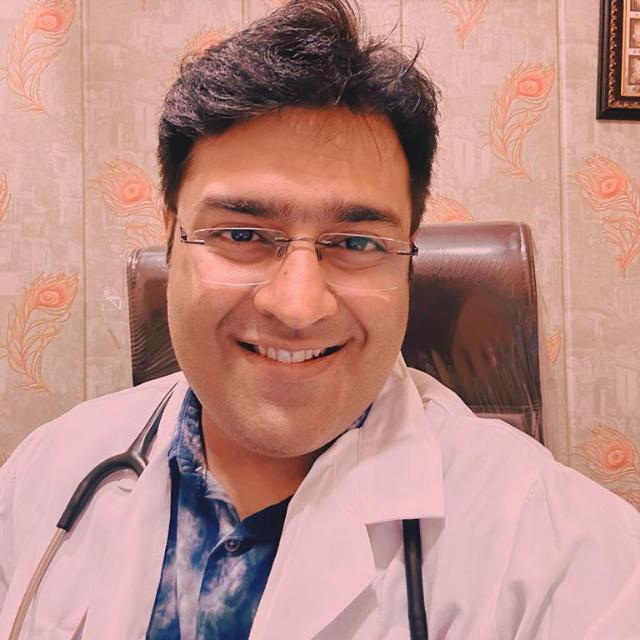As the monsoon season arrives, the risk of infections rises significantly due to high humidity, stagnant water, and the spread of waterborne diseases. Children and elderly are especially vulnerable during this time because of their relatively lower immunity. Vaccinations play a crucial role in preventing life-threatening illnesses during this season.

We spoke to Dr. Rohit Kaku, MD – Physician & Diabetologist, to better understand which vaccines are essential before and during the monsoon, and when they should be administered. He emphasizes that all children must be up to date on their routine immunizations, as per the Indian Academy of Pediatrics (IAP) schedule.
Here are the recommended vaccinations during monsoon, particularly for children, adults and elderly:
Influenza (Flu) Vaccine
Influenza viruses tend to circulate more during the monsoon season. Influenza shot is recommended annually to be administered 2-3 weeks before the rains. It is recommended from 6 months onwards to all. It prevents seasonal flu, Pneumonia and bronchitis, which are more common in damp weather.
Typhoid Vaccine
This is the second most advised vaccine. Since typhoid is a waterborne disease, and the most common during monsoon due to contaminated water. These vaccines are advised to be taken if you are traveling to regions with inadequate sanitation or hygiene. It is recommended for kids around 9–12 months and then a booster after 2 years. Typhoid conjugate vaccine (TCV) preferred.

Cholera Vaccine
This vaccine is nowadays recommended depending on your location and prevalence of the disease in your region. Cholera is a water-borne disease caused by ingestion of contaminated water or food. The disease causes high fever, abdominal pain, etc. and if untreated can cause severe complications. It is recommended from 1 year of age onward.
Hepatitis A Vaccine
Hepatitis A is viral infections that can spread through contaminated food and water. Vaccination against Hepatitis A is recommended for children, especially if they are traveling to areas with a higher prevalence of the disease or in regions with inadequate sanitation or hygiene. Its first dose recommended at 12–23 months, followed by a second dose 6–18 months later.
Routine Immunizations (DTP, MMR, Polio, Hib, Rotavirus)
Monsoon season often brings about an increase in waterborne diseases and injuries due to contaminated water and wounds. Ensure these are up to date, as monsoon can worsen susceptibility to common infections, especially if you have a higher risk of exposure to such conditions. Ensure rotavirus vaccine is completed before 8 months of age.
Pneumococcal Vaccine (PCV13/23)
This is particularly important for the elderly, especially those with diabetes, heart, or lung conditions. It helps prevent pneumonia and its complications, which are more common in the damp, infection-prone monsoon climate. Timely immunization not only reduces disease risk but also protects vulnerable groups, ensuring healthier outcomes during the rainy season.

Leptospirosis Vaccine
Leptospirosis is a bacterial infection commonly spread through floodwater, posing a high risk during the monsoon season. Adults who are frequently exposed to contaminated water—such as farmers, sewage workers, and residents of flood-affected areas—are especially vulnerable. Vaccination is strongly recommended for these high-risk groups to prevent serious illness.
Rabies Vaccine (pre-exposure)
Stray dog bites increase during monsoon in urban areas. Children and adults with pet exposure are at high risk. This vaccine is vital and recommended for everyone.
COVID-19 Booster
COVID-19 booster shots are also advised, as respiratory infections tend to spike during monsoon. Those unvaccinated or due for a booster should stay updated to avoid complications.
Additional Awareness Tips:
- Rotavirus and Typhoid vaccines are critical in children under 5
- Drink boiled/filtered water, hygienic food, and mosquito protection are just as critical.
- Encourage timely vaccination pre-monsoon (Ideally between April–June)
- Ensure up-to-date immunization records for both mother and child.
- Consult a pediatrician or obstetrician for personalized vaccination schedules, especially if traveling to flood-prone or high-risk regions.
